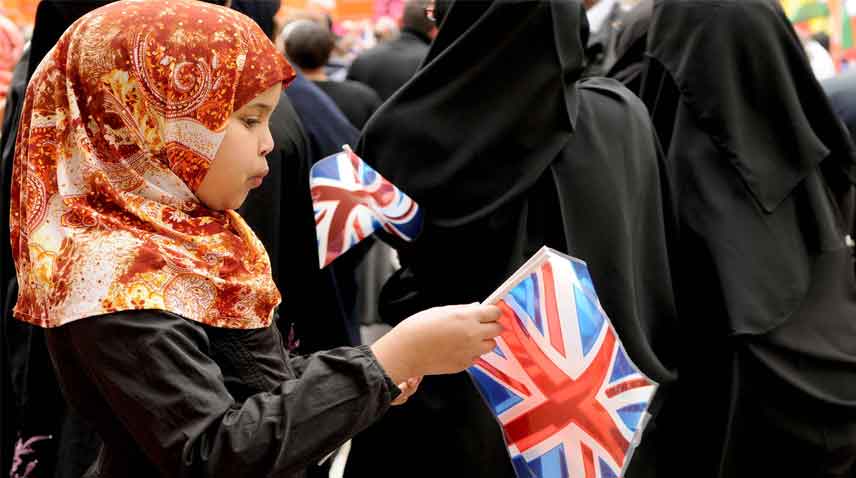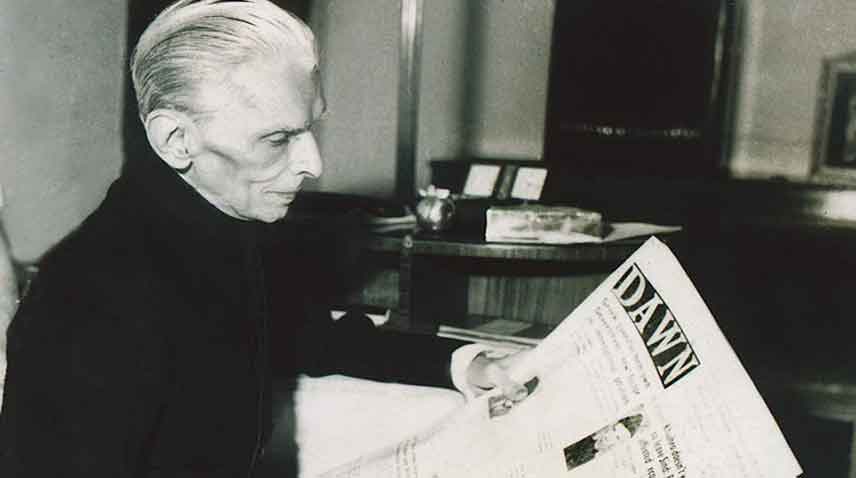
The Muslim population was 3.9 million in 2021 as compared to 2.7 million a decade ago, revealed the latest census released by the Office for National Statistics (ONS).
Overall, there has been a 43 per cent rise in the number of Muslims and a 17 per cent drop in people who identify as Christian, reported the Guardian.
The Census 2021 data has also confirmed that which has been openly spoken about for a number of years but had not previously been confirmed: England and Wales are now minority Christian countries.
According to BBC’s recent report, Muhammad was the top choice for parents naming their baby boys in England and Wales in 2023.
The media reported that more than 4,600 children registered with this most sacred name.
It has been among the top 10 names for baby boys since 2016, but has now overtaken the previous favourite, Noah, according to the ONS.
There is, however, a level of regional variation with Muhammad not appearing in the top 10 for three regions of England.
Other spellings of the name Mohammed and Mohammad also made the top 100 list for England and Wales. The ONS considers each spelling as a separate name, with different variations of Muhammad proving popular in previous years.
Olivia remains the most popular choice for baby girls, followed by Amelia and Isla. These top three have remained unchanged since 2022.
Hyphenated names jumped in popularity for girls last year, standing at more than 19,140 names, up from around 12,330 the year before.
New entries to the top 100 list for girls include Lilah, Raya and Hazel, while Jax, Enzo and Bodhi made it into the top 100 for boys.
The ONS said that pop culture "continues to influence" name choices, citing singers Billie Eilish and Lana Del Rey, the Kardashian-Jenner family s children Reign and Saint, and film stars Margot Robbie and Cillian Murphy.
The cabinet member for social justice at Birmingham City Council, Councillor John Cotton, said he was proud of the city’s diverse growth.
“Birmingham is a booming city entering into a golden decade of opportunity – and we want everyone to be able to benefit from its growth and success.
“We are also a city experiencing rapid change, so it’s vital we continually observe, discuss, and seek best practice when it comes to community cohesion.
“Ultimately people make a city, people make a home and that city and home are one and the same here in Birmingham – and that’s something we’re proud to be, a welcoming home to all who come here.”
The Secretary-General of the Muslim Council of Britain (MCB), Zara Mohammed, told the Guardian, “We’re now the second or third generation [of Muslims]. There’s more of us here. Yet, we’re still in these cycles of poverty and deprivation. I think part of that is down to socio-economic conditions where people are housed and the economic opportunities available.
“I think there’s something to really be said about what our politics and policies are doing to help those who are really suffering. There’s all these stereotypes and tropes around Muslims, but the reality is that people are actually in cycles of poverty. And these need to be broken.”
It is fantastic news that the Muslim population of England and Wales is continuing to grow, particularly during these challenging times where other European nations are taking extreme lines against Islam and its adherents. But despite the increase in the overall number of Muslims as a whole and as a part of the broader population increase, there is certainly room to improve the living conditions of a lot of Muslim families in England and Wales.




